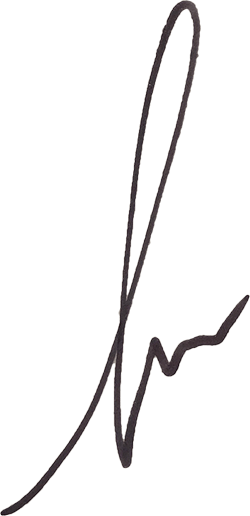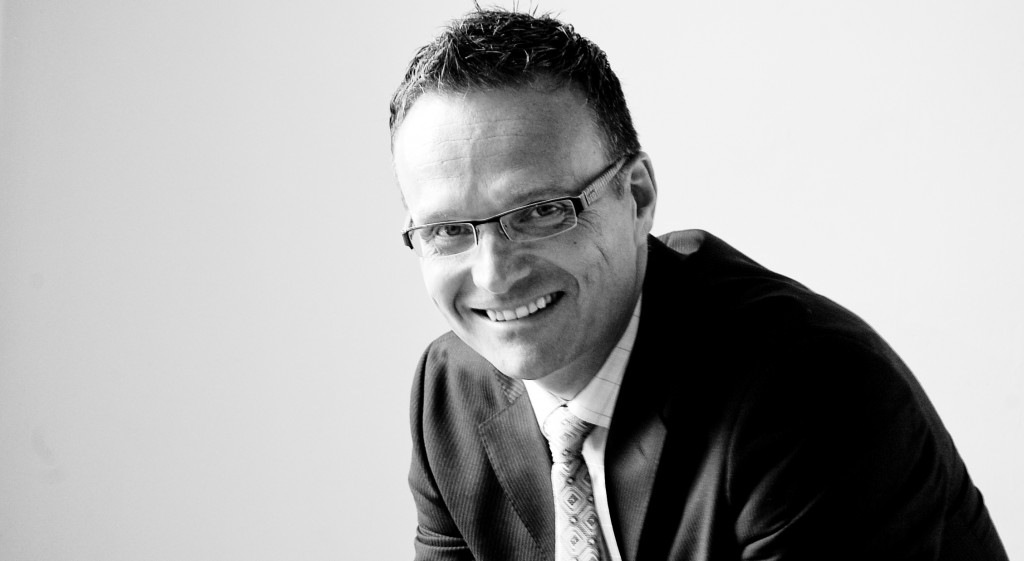“The trouble with being in the rat race is that even if you win, you’re still a rat.” | Lily Tomlin

Being busy used to make me feel important. It made me feel like the world needed me, like somehow I was more valuable or valid when busy. Perhaps that’s why I wore it like a badge and quickly resorted to it when people asked how life was. Yet in all reality, busyness was just another addiction I clung to so I could avoid things that made me uncomfortable.
Sadly, the things I often stayed busy to avoid happened to be some of the more worth while things in life.
I recently shared an article by one of my favorite columnists, Tim Kreider, in which he divulges on the vanity of always being busy. The general gist of his rant can be caught when he says,
“I did make a conscious decision, a long time ago, to choose time over money, since I’ve always understood that the best investment of my limited time on earth was to spend it with people I love. I suppose it’s possible I’ll lie on my deathbed regretting that I didn’t work harder and say everything I had to say, but I think what I’ll really wish is that I could have one more beer with Chris, another long talk with Megan, one last good hard laugh with Boyd. Life is too short to be busy.”
Tim’s article is one of many pieces in a recent and widespread frustration with the perpetual busyness of life. As of late, there seems to be a general suspicion growing about the, once viable, value of always being busy. And because more questions are being asked, more answers are being found.
As it turns out, always being busy isn’t a virtue, nor is it something to respect anymore. Among many reasons for this, there are a few that stand out to me.
It can actually be a sign of an inability to manage our lives well. Though we all have seasons of crazy schedules, few people have a legitimate need to be busy ALL of the time. For the rest of us, we simply don’t know how to live within our means, prioritize correctly, or say no. “Being busy is not the same as being productive,” says Tim Ferriss, “…and is more often used as a guise for avoiding the few critically important but uncomfortable actions. Being busy is a form of laziness – lazy thinking and indiscriminate action.”
It can be indicative of a lack of confidence and self-worth. Often we stay busy to subconsciously feel important and valuable to the world around us. Sadly, this points to an ignorance of our inherent value, in that regardless of our performance in life, we are important, loved and valuable. This slippery slope typically makes us too uncomfortable with ourselves or the reality of our lives to slow down.
Busyness actually restricts professional performance and limits mental capacity. With plenty of recently published psychological and biological evidence of this, Kreider seems to capture it well in the previously cited Busy Trap when he says,
“Idleness is not just a vacation, an indulgence or a vice. It is as indispensable to the brain as vitamin D is to the body, and deprived of it we suffer a mental affliction as disfiguring as rickets. The space and quiet that idleness provides is a necessary condition for standing back from life and seeing it whole, for making unexpected connections and waiting for the wild summer lightning strikes of inspiration — it is, paradoxically, necessary to getting any work done.”
Busy often keeps us from the finer things in life. Though being busy can make us feel more alive than anything else for a time, the sensation is not sustainable long term. We will inevitably, whether tomorrow or on our deathbed, come to wish that we spent less time in the buzz of the rat race and more time actually living. Or as Seneca says in Letters from a Stoic, “There is nothing the busy man is less busied with than living, and there is nothing harder to learn.”
An Experiment & Challenge in Resisting Busy.
Paul E. Ralph is a fundraising, copywriting & marketing expert living outside of Toronto. He’s recently launched PathwaysFund, an online tool which assists non-profits to cultivate spontaneous generosity. He also happens to be a longtime friend.
I’ll never forget when I was young seeing Paul standing outside in the freezing cold after evacuating my house with nothing but his boxers, a toothbrush in his mouth, and a pet parakeet under his shirt. This was after another friend and I, in attempt to clean up around the house, emptied hot coals from the fireplace into the plastic trashcan and returned it to it’s respective place: in the garage between two Lexus’. Long story short, six firetrucks later, we were able to salvage the cars and laugh about the incident today.
Shortly after I posted the previously mentioned article, Paul reached out to me about an experiment he and his wife did last year revolving around the issue of busyness. I thought it too good not to share.
Enter Paul.
My wife and I began noticing that everybody in our circle of influence, including ourselves, responded to virtually any question with “busy.” Normal questions? busy. Normal life? busy. It was evident that the new normal was a declaration of busy. It became the new mantra for living in the 21st century. ‘I am busy. Hear me roar!’
So, we decided to conduct an experiment.
We decided to never use the phrase BUSY as an answer for an entire year and to see if there were any changes in attitude and/or behaviour. Ours. Theirs.
We noticed alright. Instantly.
We were forced to describe our own situations with more clarity, and without our best friend ‘busy’ to blame, we engaged with people more authentically. As we did, we noticed the general depth of conversations increase as we and those we were sharing with, were invited to communicate differently about our actual states of being.
We stopped manipulating our friends. We weren’t actually aware that we were doing it before, however with that little four letter word excommunicated, we no longer predetermined the ubiquitous auto-response – “me too.”
We also quit guilting other people with all of our so called busy-ness. There’s nothing quite like the overachiever in the crowd diminishing everybody else efforts. Our busyness somehow validated us in the minds of our peers. So we thought. When we stopped using the word, we were free to be happy with our efforts for the day – and free to let others be comfortable with their own accomplishments.
‘The devil made me do it’ was a well-worn phrase when I was a kid. Perhaps ‘busy’ is its new iteration. An unintended consequence of our banishment of all things busy was that we stopped justifying our poor behaviors & choices. As we practiced choosing better words to describe our circumstances, we noticed a steady decline in the blame game. It included saying things like “we choose to take on too much…our bad.”
And most importantly, when we quit using the word BUSY, we noticed that others did the same. It was refreshing, for all of the aforementioned reasons.
Busy, it would seem, is a self-fulfilling prophecy. The more we said it – the more we felt it. The more we felt – the more we acted like it. The more we acted like it – (well, you know the rest). Guess what? When we quit saying it, we reversed SOME (not all) of the craziness.
Exit Paul.
So, here’s the challenge. Regardless of our love or hate of busyness, let’s experiment with what it’s absence does for us.
There are several ways we could go about doing this. Elimination using the 20/80 rule, or a good dose of Parkinson’s law, or any one of a number of popular methods. However, I like Paul’s approach.
For one month, I’m going to stop using the word “busy.” I’m going to resist the comfort of it to try and dig deeper to explain how things really are. If I feel busy, my hope is to be aware enough to discover why and to learn how I can change it.
Join me. Or at the very least, remember that being busy isn’t all it’s cracked up to be and often isn’t as necessary as we think.
Disclaimer: Being busy, in this context, is not synonymous with being hard working or productive or effective. (read more about this here) Also, this article is calling into question busyness for busyness sake. Busyness by necessity, at least for a season, is an entirely different conversation.

Also, I’ve recently been fascinated by the impact of our daily routines. Rhythms is a series of short weekly emails on how to design your daily rhythms, in cooperation with your biology, to increase energy, productivity & margin. If interested, learn more here.
-
https://www.tylerwardis.com/ tyler ward
-
https://www.tylerwardis.com/ tyler ward
-
https://www.tylerwardis.com/ tyler ward
-
Montreal Recruiter
-
hello101
-
hello101
-
rickmartinson
-
Shontal Lottering
-
shawnaoh
-
RauntandRave
-
Philmo
-
tsewtsew
-
Joe
-
kat
-
kat
-
jewlizard
-
Pax
-
Rob
-
Cindy Boily
-
MiguelHP
-
Warg
-
Mary-Ellen
-
Christine
-
Christine
-
Carissa
-
Deanna
-
rivardau
-
Laura
-
Steve
-
Steve
-
Robert

